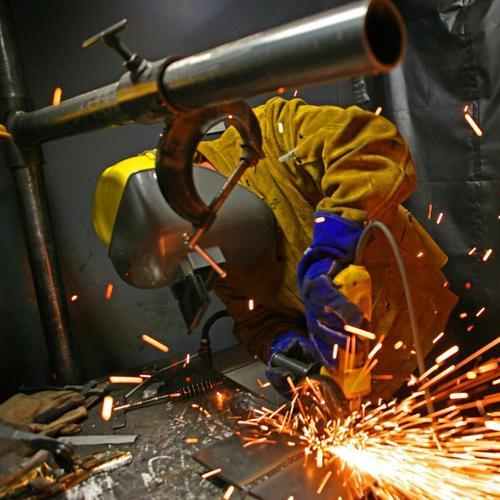
ENGINEERING FABRICATION COURSE
Engineering Fabrication courses for international students: These courses offer students the opportunity to gain knowledge and skills in the design, manufacture, and operation of engineering systems. Students learn about the principles of Engineering Fabrication Course and the processes involved in the production of quality products. They also learn how to use tools and machinery to create and maintain engineering projects.
An Engineering Fabrication course typically covers a range of topics related to the manufacturing and production of mechanical components and systems.
Here’s an outline of what such a course might entail:
Introduction to Engineering Fabrication: This section provides an overview of the field, its importance in various industries. Where the basic principles underlying fabrication processes.
Materials Selection and Properties: Understanding the properties of different materials is crucial in fabrication. This section covers the mechanical properties, thermal properties, and other characteristics of metals, plastics, ceramics, and composites.
Machine Tools and Equipment: Students learn about the operation and maintenance of machine tools commonly used in fabrication shops, such as lathes, milling machines, CNC machines, and welding equipment.
Computer-Aided Design (CAD) and Computer-Aided Manufacturing (CAM): This section introduces students to CAD software for designing components and CAM software for generating toolpaths and NC (numerical control) codes for CNC machines.
Students also develop the skills needed to interpret and analyze data, plan, and organize projects, and manage budgets. They gain hands-on experience in problem-solving and creative thinking. Additionally, students gain the ability to work in teams and communicate effectively.
Students also gain an understanding of engineering regulations, standards, and codes, as well as the ability to think critically and apply their knowledge. They also learn to use technology to design, build, and test engineering projects. This helps to prepare them for the real-world challenges they will face in their professional lives. These skills and experiences enable students to become innovative engineers and leaders in their respective fields. They are also well-equipped to solve complex engineering problems and create real-world solutions.
For regular updates, like our official Facebook page and do follow us on Instagram.


